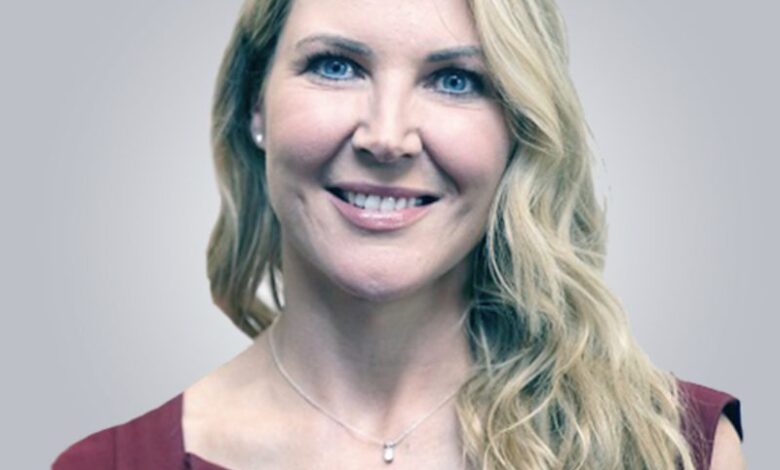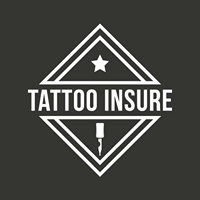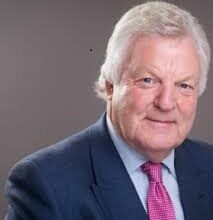Women and Leadership in the Insurance Industry – Carolyn Blunt, MD, Sedgwick Talent Solutions

Women and Leadership in the Insurance Industry. Commentary and Insights from Carolyn Blunt, Managing Director, Talent Solutions, Sedgwick.

With more than two decades of consultancy experience, Carolyn has worked with a range of clients across the globe to transform the performance of people through talent strategy and people development. Carolyn joined Sedgwick in May 2025 to provide a talent solutions offering for Sedgwick clients and has since launched a 12-month Women in Leadership programme. I spent some time asking Carolyn why.
Why is this programme needed and why aren’t more women in senior roles in insurance?
Although women make up over 50% of the insurance workforce, they hold only around 18% of executive roles globally. Many get stuck below middle management, when other pressures intervene and where opportunities for sponsorship and strategic exposure thin out. This isn’t just about ambition, it’s about access. Our Women in Leadership programme helps women to build strategic influence, financial acumen and authentic leadership presence, which are often prerequisites for senior roles. It also creates a peer network to support women as they navigate their career. The programme itself won’t change the systemic and biological reasons why the numbers are still where they are, but for the women involved and their organisations, it moves the dial one person at a time. There is way more in the eco-system to discuss and change and it’s why conversations like this importantly keep it high on the agenda.
What’s the difference between mentorship and sponsorship and why does it matter?
Mentorship offers advice; sponsorship opens doors. Research shows that only 27% of women report having a sponsor, compared to 41% of men. Without someone advocating for them in succession planning or high-visibility projects, women are less likely to be considered for leadership roles. As part of the Women in Leadership programme, the masterclasses help participants build visibility and influence, making them more likely to attract sponsors organically. However, the ideal scenario is that organisations get behind the sponsorship programme internally.
Do you think historic bias affects how women are seen as leaders?
Sadly, yes and it’s often unconscious. Studies show that women are more likely to be described as “supportive” or “collaborative,” while men are seen as “strategic” or “decisive.” These perceptions can influence promotion decisions. Women can be overlooked because somebody else has decided “she is not ready” without asking her. In our programme we tackle this head-on by helping women communicate differently, while also building the awareness and confidence needed to challenge outdated stereotypes.
How does work-life balance affect women’s careers?
On average, women still do nine more hours of unpaid domestic work per week than men and often carry the bulk of the parental and other caring responsibilities. This affects availability for travel, long hours and client-facing roles, which we know are all common in leadership responsibilities. We have to acknowledge this reality and find the work arounds without pretending these pressures don’t exist.
Why is networking harder for women?
It’s not necessarily harder, it just tends to look different. Career-advancing networking among men often happens through informal channels like the pub, golf outings, or late-night dinners, where women are frequently underrepresented. To modernise networking, we need to create inclusive spaces for connection, collaboration, and visibility that don’t rely on exclusionary norms.
Importantly, this isn’t just a gender issue. Gen Z men are also reshaping these dynamics, many are more health-conscious around alcohol and with regulatory shifts like Non-Financial Misconduct, the industry is already evolving.
Why do some women struggle with confidence at work?
It’s a fact that women are more likely to experience imposter syndrome and less likely to self-promote. A KPMG study found that 75% of executive women have experienced imposter syndrome at some point. Whilst coaching and resilience masterclasses help quiet the inner critic and build confidence, it’s important to differentiate that we are not asking women to “act like alpha males” but to guide them to find their own authentic and effective leadership style.
Why is change so slow, even with flexible working, ERG’s & DEI initiatives?
While 90% of insurers have DEI policies, only 30% track outcomes at the executive level. Flexible working policies exist almost everywhere now, but there may still be reluctance to make use of them. Real change requires more than good intentions; it needs measurable action. Making a long-term investment in female leadership capability creates a ripple effect across an organisation and inspires future generations of women leaders in insurance.
What one request do you have for change?
Just one is hard to pick so I’ll go with two!
First, a request to the women in insurance: too many of us hide our light for fear of it looks like ‘bragging’.” But holding back does a disservice to other women. My ask is this: please post your photos, your insights, your successes on LinkedIn. Speak on podcasts, webinars, and at conferences. Take every opportunity, not just to self-promote (though it will likely help your career), but to show the next generation what’s possible and help them build self-belief. Let’s support each other. Don’t pull the ladder up behind you. Offer your time, your sponsorship, your advice. Even a coffee chat can change someone’s path, I know, because it once changed mine.
Second, a request to male allies. be mindful that your 1:1s and informal conversations are consistent across genders. This is often where women miss out on the subtle dot-connecting that can accelerate performance or open doors. If you witness unequal treatment, call it out. Don’t let women be spoken over or talked down to in your presence. And if you’re in a relationship, please keep the domestic load equal, it makes a real difference in enabling women to bring their best to work.
(Okay, maybe that’s three!)
Right International are market leading recruiters to the MGA, Claims, and Insurance sector.
If you are looking to add to your team now or in the near future or are considering your next career move, please contact myself or one of the team.
Follow us on LinkedIn for regular industry updates, leadership articles and latest vacancies.
All the best,
Gary Pike
Founder & MD Right International
garypike@rightinternational.com




